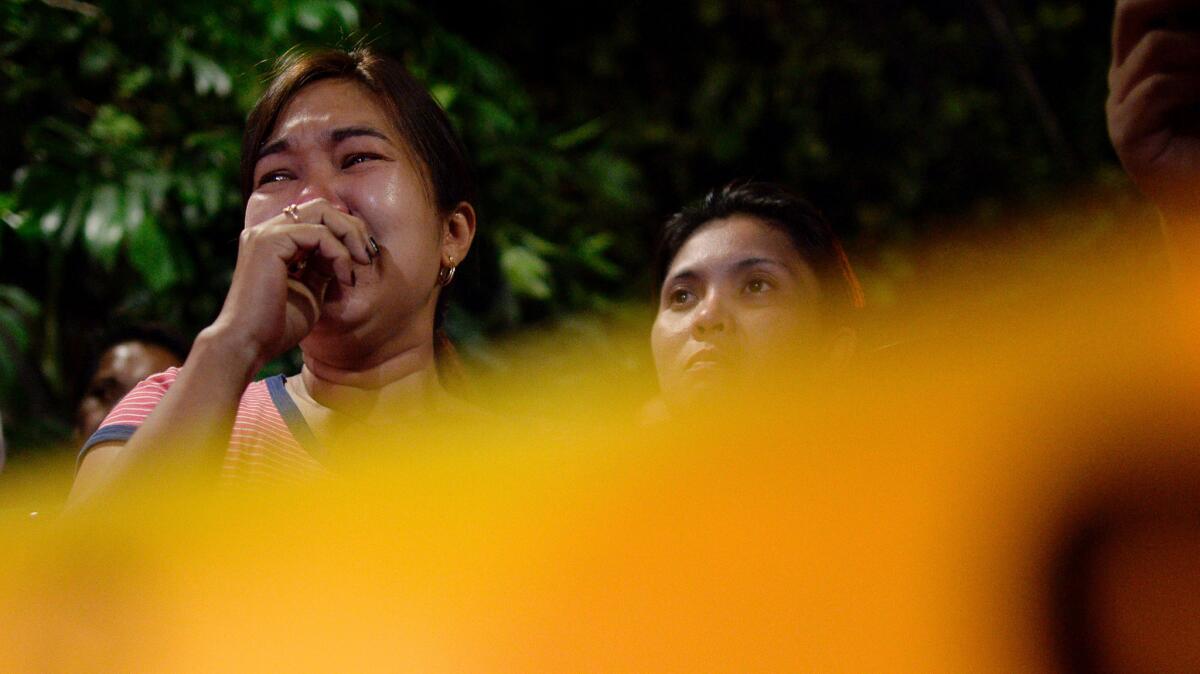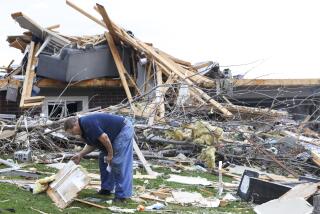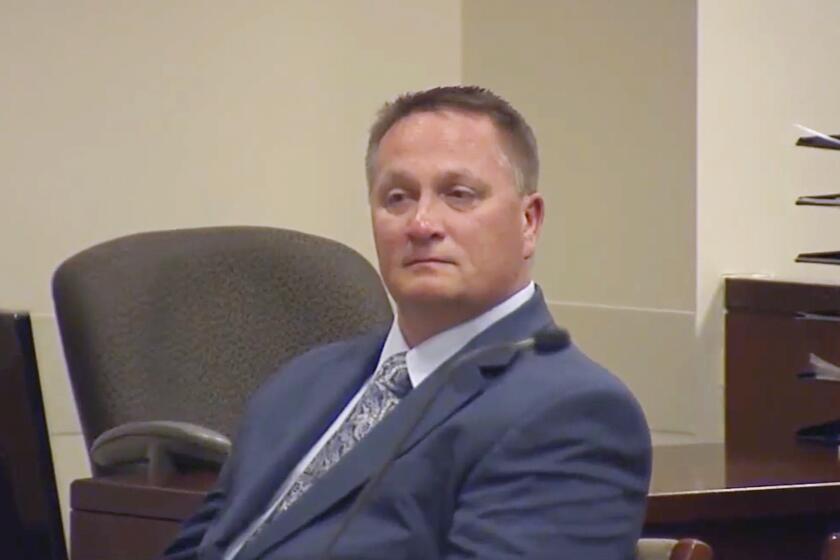400 dead in a month in Philippines’ ‘shoot-to-kill’ war on drugs

Philippine President Rodrigo Duterte acknowledged abuses have occurred in his war on illegal drugs, which has left more than 400 people dead in a month and alarmed rights activists, but refused to back down from a shoot-to-kill order for drug suspects.
Duterte said in a speech late Thursday that most drug dealers and addicts slain in gun battles with police had put up a fight, but added that he was sure some were “salvaged,” a local slang for extrajudicial killings usually by law enforcers.
In the case of illegal killings, Duterte said the government will investigate.
“They really fight back, I know that,” Duterte said in a speech in southern Davao city, where he built a name as a mayor for his extra tough approach to crime before becoming president. “I’m sure there are some who were salvaged, I am also sure of that.”
Early Friday, he told reporters that he gave “shoot-to-kill” orders against drug dealers, including politicians involved in the illicit trade.
“I’ll really have you killed. Look at what you’re doing to the Philippines and I’ll forgive you?” Duterte told reporters, apparently enraged after visiting a town police chief who was shot in the chest by a suspected drug dealer and rushed to a Davao hospital.
“My order is shoot to kill you. I don’t care about human rights, you better believe me,” he said.
Duterte’s centerpiece anti-crime drive, focused on an ambitious campaign promise to end the widespread drug problem in six months, has left more than 400 drug suspects dead, many of them either in firefights with police or under suspect circumstances. More than 4,400 have been arrested, police said.
The unprecedented killings have scared more than half a million drug users and dealers who gave themselves up to police, officials said. An overwhelmed Duterte has said he was considering setting aside areas in military camps nationwide to build rehabilitation centers for those who surrender.
A legal expert, Jose Manuel Diokno, said Duterte’s latest shoot-to-kill order is, at the least, legally questionable.
Adequate safeguards exist in the legal system, including requirements for court warrants for arrests, to protect the public and ensure law enforcers are not given “unbridled discretion” that can lead to abuses, Diokno said.
The government’s Commission on Human Rights could seek to stop the anti-crime drive through a court petition, said Diokno, who heads the Free Legal Assistance Group, which provides legal help to the poor.
Sen. Leila de Lima, who led the commission previously, has sought a Senate investigation of the killings but has faced opposition from Duterte’s political allies.
“There must be a way other than this method that brings us to our collective descent into impunity, fear, and ultimately, utter and complete inhumanity. We cannot wage the war against drugs with blood,” De Lima said in a Senate speech this week.
She said the dead included those who were innocent and “the proportion is rising.”
In recent days, eight suspected drug dealers were gunned down in separate clashes with police in the provinces of Bulacan and Rizal and in southern Dipolog city, police said, adding that most of the suspects drew firearms and opened fire when they sensed men who were buying drugs from them were policemen in disguise.
Three town mayors and a former mayor linked to drug syndicates surrendered Friday to national police chief Director General Ronald de la Rosa, fearing they may be gunned down by authorities.
The mayors, mostly from the southern province of Maguindanao, would be investigated, De la Rosa said.
“I will not hesitate to kill you ... don’t think that you’re a governor or a mayor,” Duterte said, repeating the warning he made in Davao. “You’ll be the first to go before the civilians.”
ALSO
Amid worst yellow fever outbreak in decades, 1 million vaccines go missing
China’s claims in South China Sea are invalid, tribunal rules, in victory for the Philippines
Chinese activist charged with ‘subversion’ for attending a meeting and a conference
More to Read
Start your day right
Sign up for Essential California for news, features and recommendations from the L.A. Times and beyond in your inbox six days a week.
You may occasionally receive promotional content from the Los Angeles Times.






